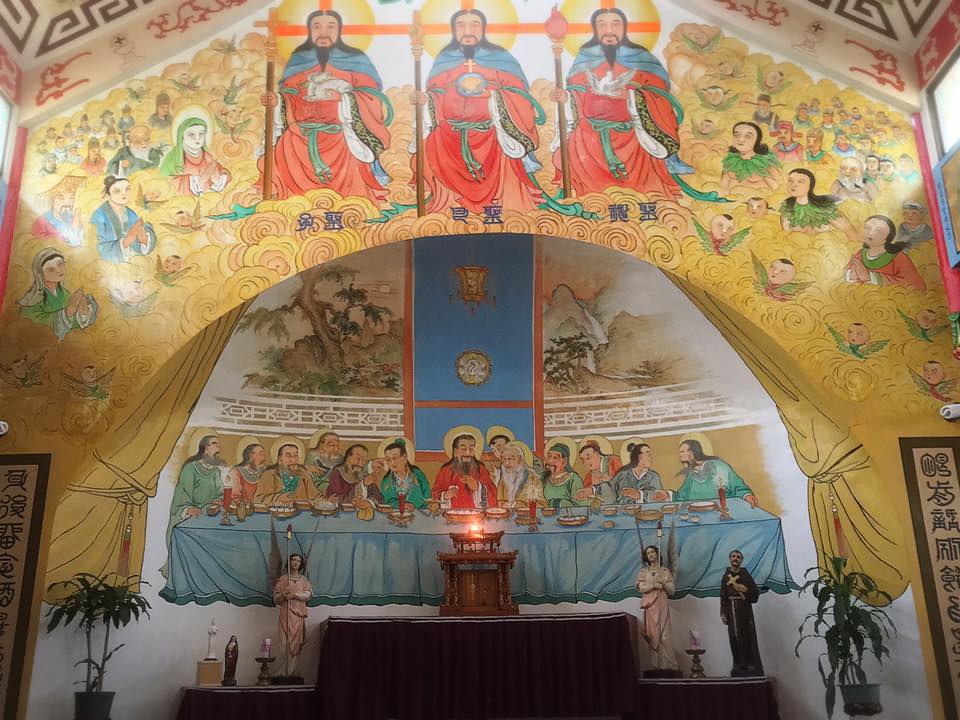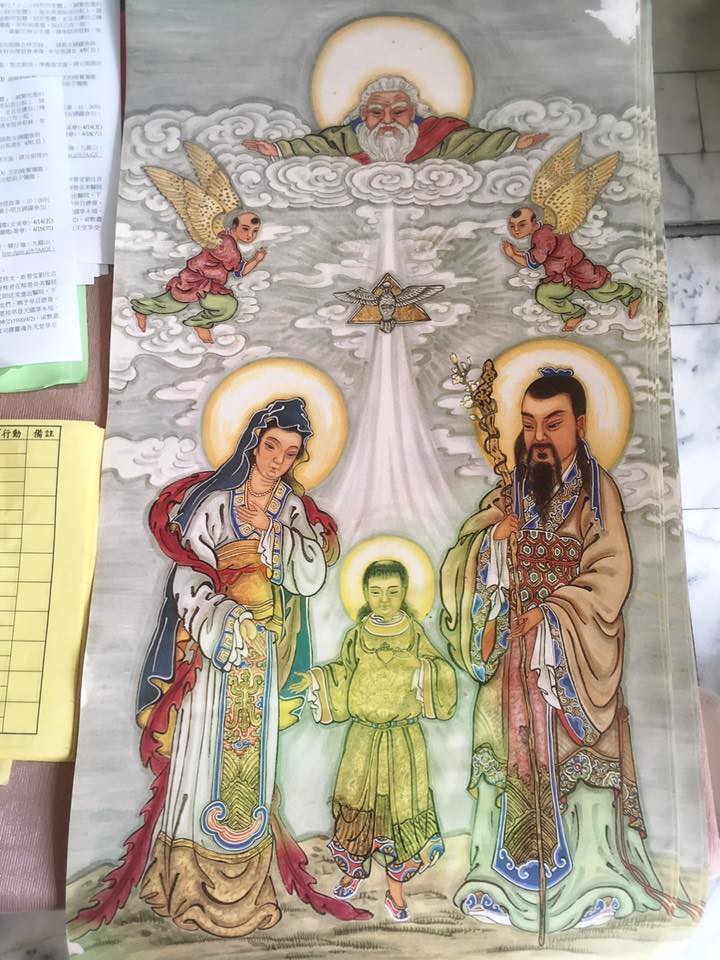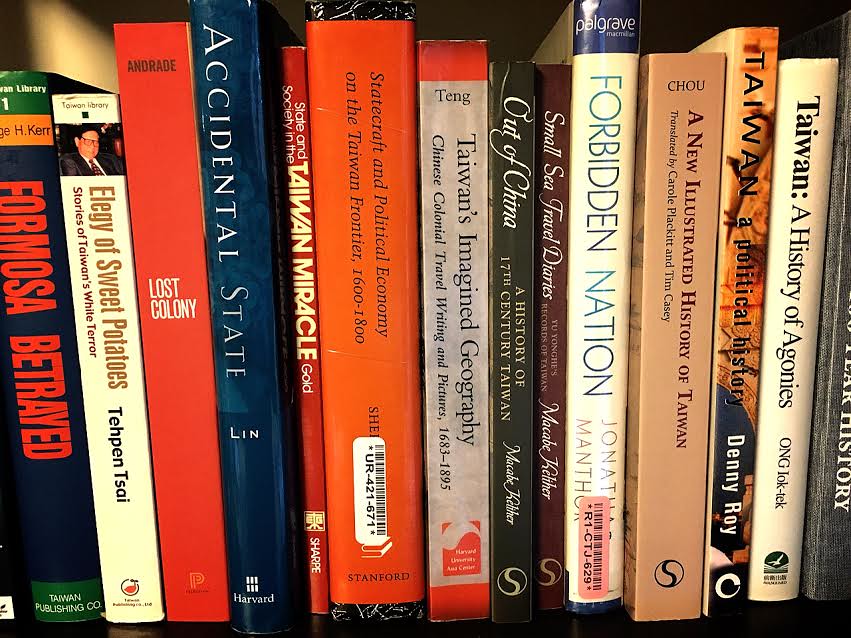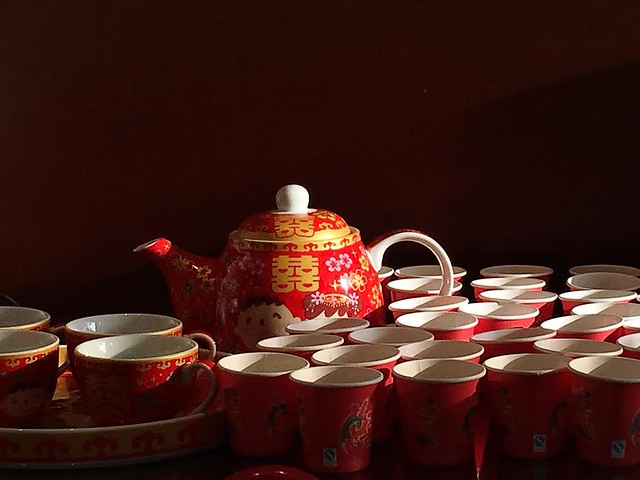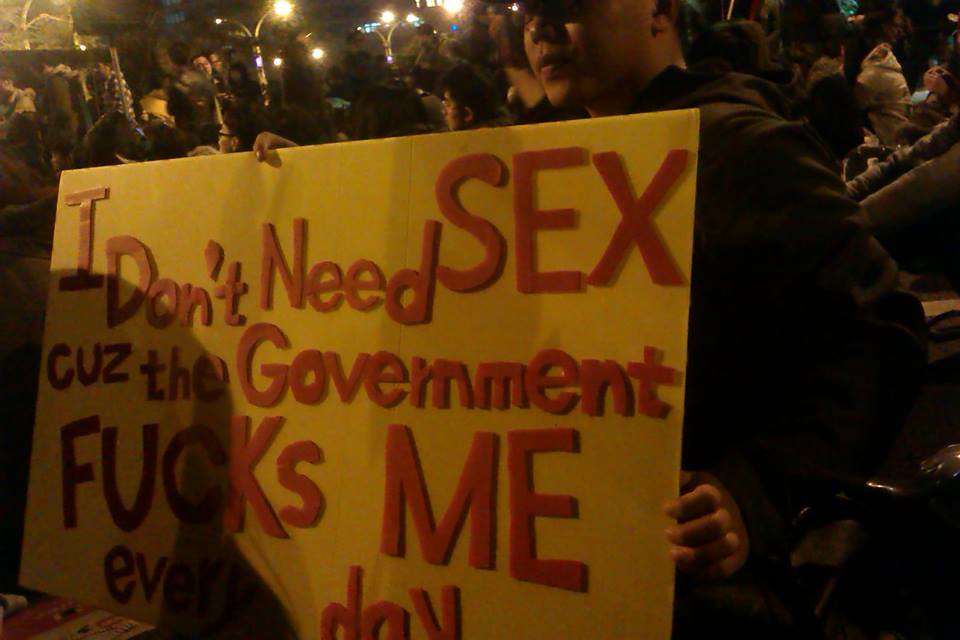Content note: this post deals with the suffering of animals. If that’s not something you can or want to engage with right now, then this post may not be for you, and that’s OK.
This is also going to be a weird start to what will eventually turn into a trauma dump. Stick with me if you want, don't if you don't.
If you need 24-hour emergency veterinary care in Taipei, I recommend Eden Veterinary (伊甸動物醫院) in Dazhi.
* * *
A wise friend of mine once defined belonging to a ‘culture’ as not just ‘how we make sense of the world’ (a very typical definition) but something more: how many of your core life experience takes place within that culture. He'd married in this culture, bought a home in this culture, worked a job in this culture, hit all sorts of life milestones here in Taiwan, not where he came from.
While this might not make one a member of a culture exactly, it does create frames of reference within that culture that one might not have in the culture they were born into.
I can say with honesty that the only place I’ve lived in long enough to call it my own adult home has been Taiwan -- 13 years in the same apartment. Most of my adult friendships formed during my time in Taiwan. Although our wedding took place in the United States, we planned it from Taiwan. I had two health scares not in the US, but Taiwan. I've had two friends die and attended my first and only non-family funeral here. I got sued by a truly heinous person in Taiwan (the usual “slander” nonsense — the case was dismissed). My husband fell off a mountain and survived in Taiwan.
I grew up with pets, but have only ever had my own pets in Taiwan. In fact, nothing makes me feel more like a Taipeier than wheeling our two chunguses in their somewhat ridiculous double cat pram to see the vet down the road. The only reason we don’t take them to the night market or Carrefour is that they don’t like going out. Does anyone in the US take their cats out in a cat pram?
This doesn’t make me Taiwanese. But it does mean that nearly my entire frame of reference for being an adult is situated in a Taiwanese context, and that’s not nothing.
So here’s where we get dark and weepy: one of my cats — Tiberius, or 台幣 — had a sudden heart attack early on a Thursday morning. I’ll spare you the heart-wrenching details of what that looks like. We sped off in our pajamas, Ubering to the only 24-hour vet we know. We truly believed we were going to lose him, and the vet believed it too. I’ve lost family pets before, but never been solely responsible for making hard decisions for pets anywhere but Taiwan. I’ve only ever had to sign a DNR for my cat in Taiwan. I've only sat on a low stool outside an animal oxygen chamber watching a beloved pet -- not a child, but the closest I have to one -- fight for survival in Taiwan. I heard them say he was going hypoxic in Taiwan. He turned a corner and survived in Taiwan.
Tiberius ultimately spent two nights in an oxygen chamber. He's since come home, but was diagnosed with stage C congestive heart failure and has a prognosis of months, not years.
Perhaps this more or less how it would play out in the US, but when I recall those family pets who passed, the light falling within those mental images is simply…different. More than once, we’ve been told that a pet’s condition was terminal, and my parents decided to let them go sooner rather than later.
As a pre-teen, I had a sweet ginger cat named Mango. When he fell suddenly ill with what appeared to be extremely acute liver failure. The vet recommended giving him a comfortable, quick exit, and that's what happened.
I don't know if such a quick recommendation came as a result of this specific vet's worldview, or because in the US vets routinely suggest such things. Perhaps it was a money thing — while not poor, I know life was not always financially smooth for us, and expensive treatments that would only extend a terminal diagnosis were out of the question.
All I can say is that as I watched my beloved dumdum struggling to breathe in that chamber, in far worse condition than Mango had appeared to be all those hazy years ago, nobody in Taiwan suggested the same thing. I'm glad they didn't, as I might have okayed it, prioritizing ending his suffering over his possible survival.
Again, perhaps it was simply the policy of this particular vet not to broach the topic of euthanasia until the owner does. It felt, however, as though despite their commendable efforts to keep Lord Tibblesworth comfortable, the default was a natural, and possibly uncomfortable, death.
I quipped to a friend some time later that His Majesty the Hamburglar and his older brother, Whiny McScreamer (officially known as Zhao Cai 招財), seemed to get better overall medical care than I did when young. He sees the vet more frequently than I saw the doctor. If either of them seem slightly ill, off we go. Young Lao Ren Cha, however, was given some NyQuil and told to sleep it off. I once had an undiagnosed kidney infection for weeks because Mom and Grandma were convinced it was just menstrual cramps and all I needed was a hot pad and some peppermint tea.
Perhaps, again, this is more personal -- and again, really about money. Bluntly, I have some. Not enough, but some. I can afford to pamper Prince Dainty Fellow and Monseigneur Tibs with the best medical care Taipei has to offer. Sending your kid to an American doctor, even with insurance, was an expensive proposition even back in the late 20th century.
In other words, I strongly suspect that if my mother had been in our position on Thursday morning in an American veterinary office, with her beloved cat suffering from a massive edema, that she would have been advised to make -- and made -- a different choice. Maybe it would have been culture, maybe her specific worldview, maybe money.
In fact, it felt slightly wrong to sit on the other side of that chamber talking nonstop to Tiberius (it seemed he could hear us) but unable to provide any other comfort. We had no way of knowing he’d make it; the vet had even said he probably wouldn’t.
In terms of what it cost to save his life, I'll give the number just in case you're worried about the price tag if it happens to you: NT$45,000 for his emergency care and three days/two nights in the ICU. HIs first outpatient checkup cost over NT$10,000. He will need more checkups as long as he's with us.
To be blunt, in the best possible scenario, Tiberius’s health deteriorates to the point that we can decide to let him go in a comfortable way, and we can be there with him. The next best scenario is that it’s very sudden. However, it is likely he will be in great pain again. There are many worse things than can happen, which I will not describe.
It feels wrong to know this, and simply let it play out, although every day I have with Tibs the Fat Moron is a stolen blessing. When I originally wrote this post, he was still clearly in recovery. He held his head funny for days and briefly forgot where his food bowl was. Now, he's more or less back to normal, although the prognosis is the same. It no longer feels cruel, though; it feels like a few more months of enjoying a good life.
Our regular vet keeps trying to reassure us -- less than a year is just a statistic! A few cats in his condition live longer! Sometimes all symptoms go away and they can top taking blood thinners! You never know!
Sure, but I'm not sure if they go so hard on the optimism in the US. I'm struggling with this liminal state; the unpredictability of when and how it will happen haunts me. "But it could be alright!" doesn't really help. Whether that's common among Taiwanese veterinarians or specific to Tiberius's vet is unclear.
It also may not matter in my specific situation. To be frank -- and skip this part if you want -- what I watched him go through that early Thursday morning looked too similar to my own mother's final moments. While I thank gods I don't believe in that I was able to be there with her, all the optimism of her short-lived remissions, followed by the blood clot that formed and went to her heart, were too many blows to my psyche, delivered entirely too fast.
I slept a lot in those months. It's my stress response. I slept a lot in the wake of Daft Batman's emergency, too. Of course, a cat is not a mother, and I wouldn't go so far as to call it PTSD -- more like a garden-variety trauma response -- but there were flashbacks. Optimism hurts a little now. I'd rather hear it straight: be there for your cat, because this is what will most likely happen.
I haven't been myself since. Even when I'm not recovering from a traumatic experience, I struggle to avoid distraction on the best of days. My impostor syndrome creates writer's block even when I'm not going through anything in particular. Travel gets me out of my own head, but we can't travel together as long as His Grace requires two pills a day, which only we can administer. Things are, in a word, weird. I don't know when I'll come out of it.
But I can at least say that I've had nothing but supportive responses from employers, who've given me a lot of grace as I go through whatever it is I need to go through -- because there's no way this is just about Tiberius. It can't not also be about my mom.
It’s like this: a few months ago I was at IKEA with friends. One bought two of their rocks glasses, remarking “maybe I’ll find someone to have a drink with”. She called it the pessimism glass (if you buy only one) and the optimism glass (if you buy two). At the register, one of the glasses dropped and shattered.
“This is why I can’t have an optimism glass, you guys,” she said. “Because my optimism glass has shattered too many times!”
What I have is this: on those nights when I can't sleep at two, three, four o'clock in the morning, I can still plop down on my couch with my computer and Sir Tibberts, Earl of Tibberton will curl up next to me and respond to my pets with his little prrts, for now. So my pessimism glass is at least half full.




